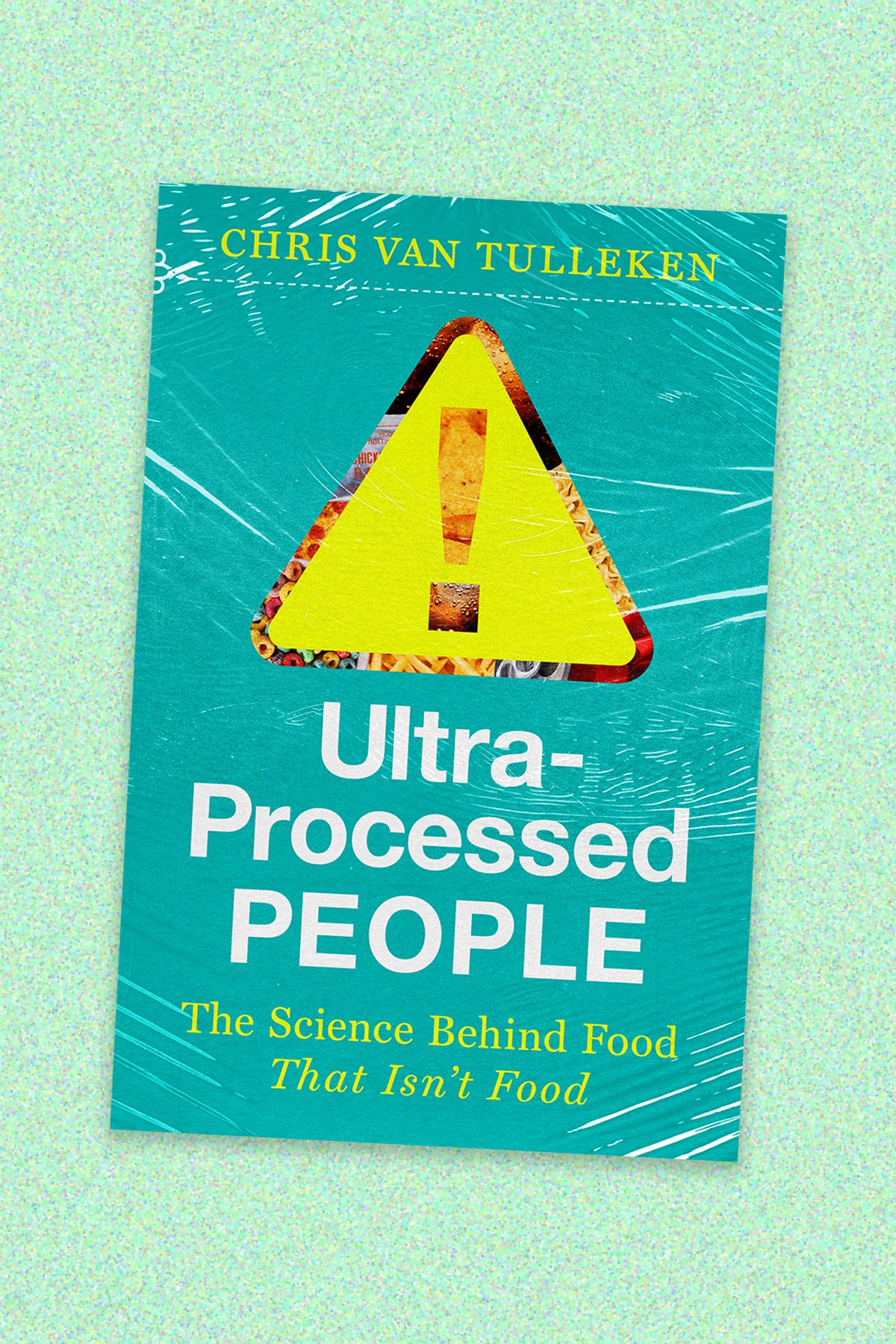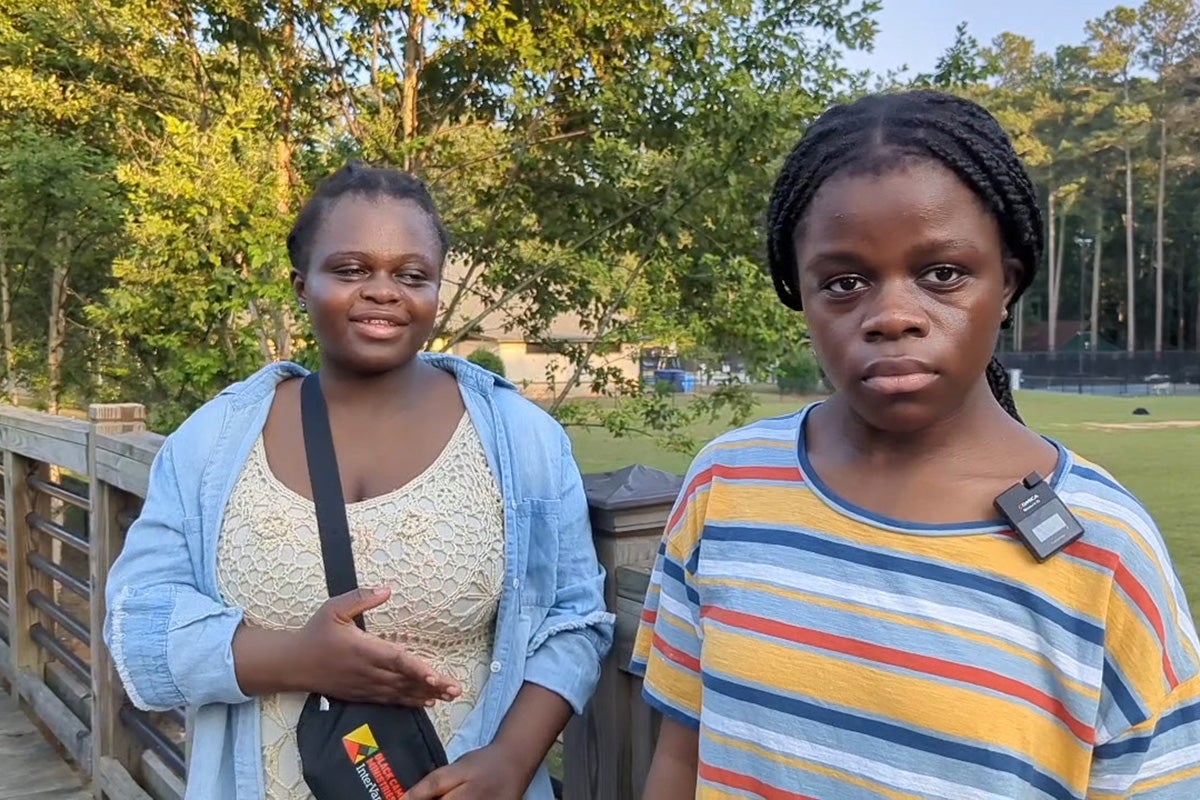
Book
“Ultra-Processed People” hopes to disgust Americans into dumping poor diets
Our food is making us sick, and it’s only getting worse. Chronic food-driven illnesses like obesity, diabetes, heart disease, and cancer affect more Americans than ever and are contributing to falling life expectancy and rising health costs.
For decades, researchers have tried to figure out why Americans suffer from so much food-related illness. We’ve thought the problem was too much sodium, or saturated fat, or added sugars—or maybe too little fiber or too few vitamins and minerals, like vitamin D and magnesium? But what seems to be good or bad for us keeps changing, in part because of our nation’s halfhearted approach to nutrition research. Potential food culprits of disease are everywhere. And consumers just feel confused.
Enter British physician Chris van Tulleken. In his new book, Ultra-Processed People, he points to an intriguing suspect: industrial and synthetic food.
Sign up for Harvard Public Health
Delivered to your inbox weekly.
The idea that industrialized food processing and additives may be hurting us isn’t exactly new. Companies have been adding dangerous chemicals to our food since the 1800s, and scientists have worried about the practice for almost as long.
In the early 1900s, Harvey Wiley, who worked for the U.S. Department of Agriculture as a food chemist, suspected that processed food and its chemical additives were making Americans sick. Wiley was right. Through a series of experiments, including controversial tests on groups of young men that became known as “the Poison Squad,” Wiley proved that our food companies—in the pursuit of profitable, tasty, convenient foods—were ignoring the health consequences of their products. Unregulated and often poisonous additives were common in the food supply so Wiley enlisted the help of President Teddy Roosevelt and created the Food and Drug Administration to ensure the safety of our food.
While the deadly chemicals that once contaminated our foods have long been banned, Van Tulleken hypothesizes that the processing and chemicals in ultra-processed foods we eat now may not poison us immediately, but they may have negative long-term effects on our health—even serious enough for teenagers to develop diabetes. In his book, Van Tulleken recounts the investigations of his own poison squad. He and his brother, Xand, ate only ultra-processed foods on-and-off for months. He describes these personal experiments amidst expert interviews and academic studies. According to van Tulleken, ultra-processed foods made his cravings insatiable, and the chemically-driven overeating caused him to gain weight and develop other health complications. His experience aligns with an emerging scientific consensus on ultra-processed foods.
Overall, Ultra-Processed People is the best introduction to ultra-processed foods I’ve encountered, but it is not a book about policy. Van Tulleken almost lost me by declaring that his book contains “no proposals to tax things or ban them, but only a demand to improve information,” a strategy that has proven ineffective in the U.S. time and time again. But effective government action on nutrition is possible; the Obama administration raising the nutrition standards for school meals is a clear example.
Van Tulleken also doesn’t address the greatest cause of consumer confusion about what is healthy food: our failure to invest in nutrition science. Instead, we rely on poorly-funded nutrition research that too often depends financially on food companies—the same companies that created this crisis in the first place.
The reality is we simply don’t know how ultra-processed foods are linked to chronic diet-related diseases; we only know that they are and that we must invest in research to find out more. Harvey Wiley’s success in the early 1900s depended on our understanding of acute food illness. The chronic food-illness epidemic we now face is a much harder problem to understand and solve.
Van Tulleken believes people will change how they eat by reading his book. By the end of his book, he believes, readers will be disgusted enough to voluntarily give up ultra-processed food for good. He may be right, but to truly change the lives of the hundreds of millions of people from suffering the illnesses caused by poor diets, it will take serious investments in nutrition science and ambitious policy, not just a book. No matter how good the book.
ULTRA-PROCESSED PEOPLE: The Science Behind Food That Isn’t Food | By Chris van Tulleken | 376 pp. | W.W. Norton & Company | $30
Book Cover: Courtesy of W.W. Norton


